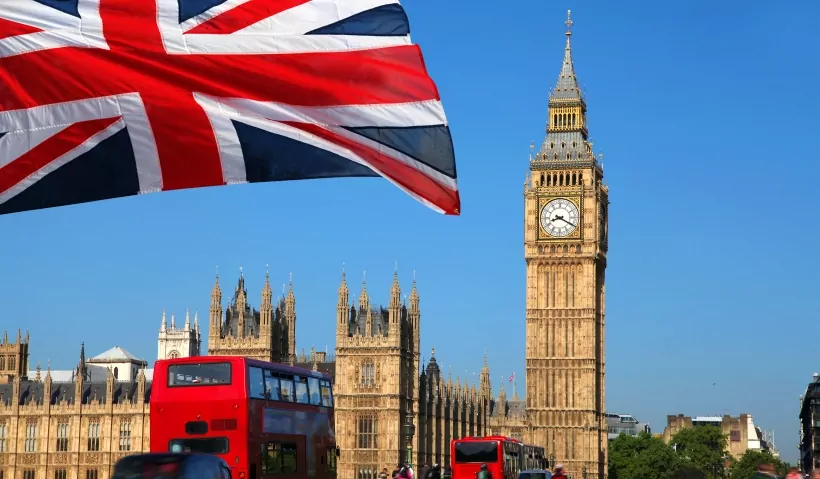
Britain’s economy fell into a recession in the second half of 2023, which is a difficult situation for Prime Minister Rishi Sunak, who has made promises to boost growth before the expected 2024 election. The Office for National Statistics (ONS) stated that the Gross Domestic Product (GDP) contracted by 0.3% in the three months to December, which was worse than the expected fall of 0.1% between July and September. The ONS further reported that the fall in GDP in the fourth quarter was the largest since the first quarter of 2021. The British economy has been stagnating for nearly two years, and the Bank of England has predicted a slight improvement in 2024.
Alex Veitch, Director of Policy and Insight at the British Chambers of Commerce, said, “Businesses were already aware of the challenges they face, and this news will undoubtedly sound alarm bells for the government. The Chancellor must use his budget in just under three weeks’ time to outline a clear path for firms and the economy to grow.” Finance Minister Jeremy Hunt said there were “signs the British economy is turning a corner” and “we must adhere to the plan – cutting taxes on work and business to build a stronger economy.”
Media reports claimed that Hunt was seeking to reduce billions of pounds from public spending plans to finance pre-election tax cuts in his March 6 budget if finances were tight. In monthly terms, economic output fell by 0.1% in December after 0.2% growth in November, as per ONS. Sterling weakened moderately against the dollar and the euro shortly after the GDP data release. The ONS reported that the manufacturing, construction, and wholesale sectors were the primary contributors to the decrease in GDP.
Can you be more specific about the content of your article? After reading it, I still have some doubts. Hope you can help me.